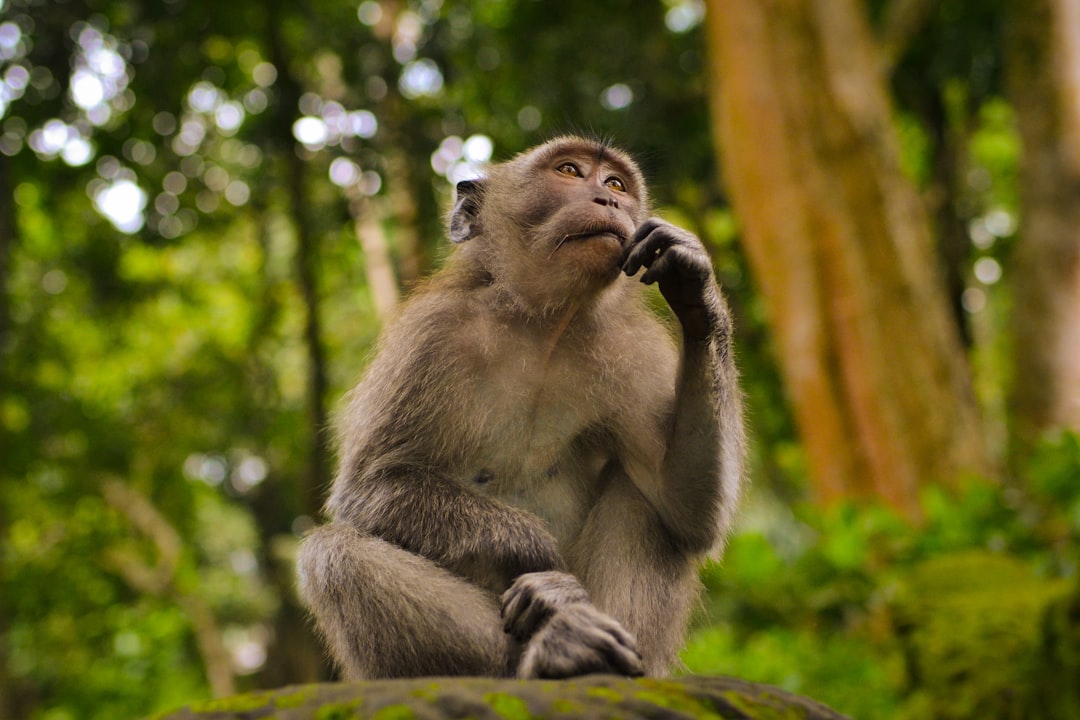
I made the comment in the title of this post on LinkedIn about assumptions - it was a great post and I loved it but there is one underlying factor that was missed: where do our assumptions come from?
Perhaps it an unnecessary question? Maybe. But here’s what I think and where assumptions comes from and how they shape our thinking and actions.
Worldview components = our worldviews
Our worldviews = our assumptions
Our assumptions = our mindsets
Our mindsets = our thinking
Our thinking = our actions
Does this matter? I believe so.
Our Worldview Components
These worldview components come from the work of Clement Vidal and largely from two papers: What is a Worldview? and Metaphysical Criteria for Worldview Development. What I write about below is a very short insight into his work. There is much more in his papers and books.
His work is a tad complex but it’s worth persevering. He specifies seven questions based on the great philosophical questions that, when answered, allow the defining elements that construct both individual and collective worldviews to be identified and shape how we see the world and live in the present:
What is? (Ontology - model of being) - the nature of reality in the present;
Where does it all come from? (History - model of the past) - our histories;
Where are we going? (Foresight - model of the future) - our futures;
What is good and what is evil? (Axiology – theory of values);
How should we act? (Praxeology - theory of actions);
What is true and what is false? (Epistemology - theory of knowledge); and
Where do we start to answer the previous questions? (The art of debate) - stating/reconstructing issues and positions about them – without taking a point of view.
For example:
I believe that reality is socially constructed.
I believe my understanding of history is based on the interpretation of many others.
I believe we have multiple possible futures, and that our imaginations will help us explore them in the present.
I believe my values emerged from my upbringing, my education and my life experience. I won’t list them here.
I believe we should always act with good intentions, in ways that do no harm to people or the planet, with those actions determined by inclusive, respectful and open conversations and collaborations.
I believe that any knowledge I encounter cannot be dismissed until it is explored for value in context, and I also believe that my intuition and imagination are valid sources of knowledge when we are thinking about futures.
I believe that we answer these questions, in a futures context, in expansive and deep conversations in well designed futures processes where synthesis can occur.
Answers to these questions will be unique to us as individuals, and that’s the point. No two worldviews are likely to be identical and neither are our assumptions that emerge from the answers to these questions. Our assumptions are just that - assumed beliefs that (usually) we hold without questioning and act on unconsciously.
Of course, Vidal’s work is but one view of how we construct our worldviews, but it’s one that seems to be useful for futures work.
Applied to Futures
Recognising and challenging assumptions is essential in futures work but so is understanding how we came to form those assumptions. Where did they come from? Why do we accept them as valid? Can I expand them to accept the worldviews of others for a deeper conversation?
By opening our minds to the reality that there are many, many worldviews and seeking to understand them - why people have different worldviews, how were they developed and why they are deeply held - we might be able to expand our thinking about our assumed and accepted reality in the present, and open up our imaginations to move beyond that reality.
One aim of futures work - as I interpret it - is to challenge assumptions that we hold in the present, but first we as individuals have to identify each worldview component for ourselves before we use them in a futures process. Some example starting questions.
Do I think the world is governed by facts and data and our imaginations are not a valid source of information about our futures? Why? Where did that belief come from?
Do I think our past and present are inviolable? Why? Where did that belief come from?
Why do I think one future image matters, but not that another? Where did that belief come from?
Do I believe that our emotions and values matter when we are thinking about futures? Why? Where did that belief come from?
Why do I accept some knowledge as true and other knowledge as ‘rubbish’? Where did that belief come from?’
After doing this exercise individually, we can have the beginnings of a deeper understanding about what shapes our thinking about futures. I am not saying that we have to change that thinking necessarily, but at least we will know why we say ‘I can’t move beyond the present, I can’t imagine anything 10 years into the future’ (true workshop participant comment). And that’s okay - but maybe you will also give yourself permission to have explore the unknown, and new worldviews and your imaginations.
Using these questions - adapted for context of course - could be a starting point for any futures process for both individuals before the workshop and all participants in a group exercise.
We often talk and write about getting diverse perspectives in the room and we do this to access worldviews different to our own. There are methods that do this but my sense right now is that it is the facilitator who is the biggest success factor in being able to help participants identify these worldviews.
This is a post on my work that is currently underway. You may or may not agree with me.

